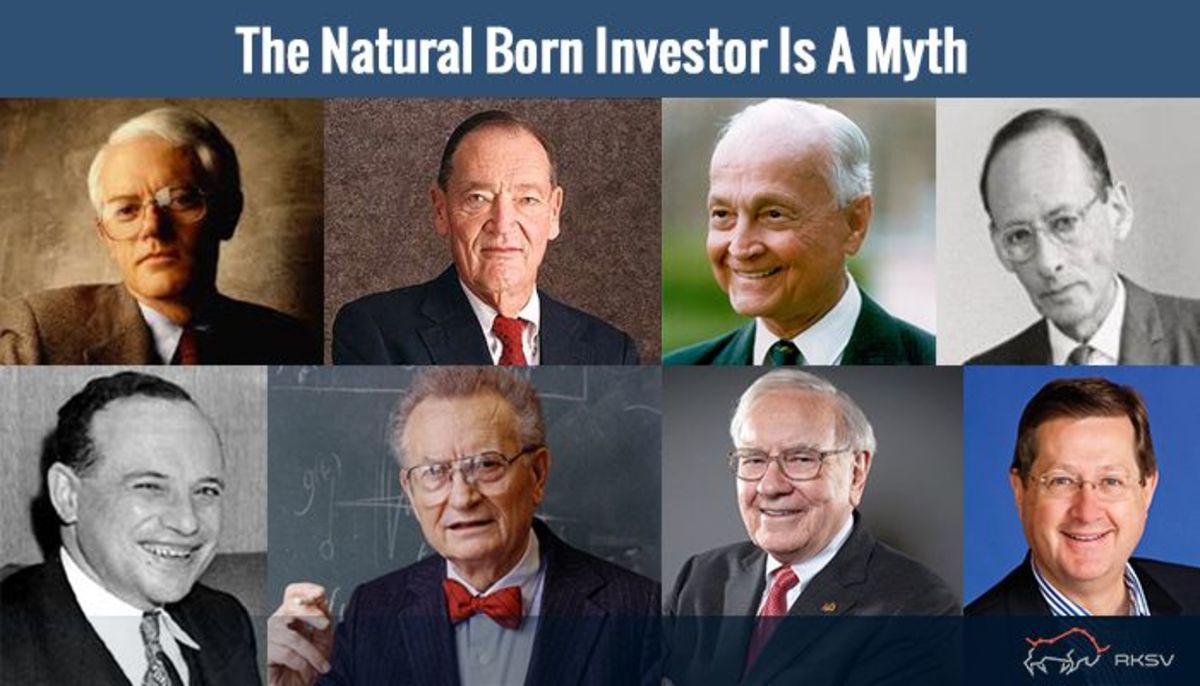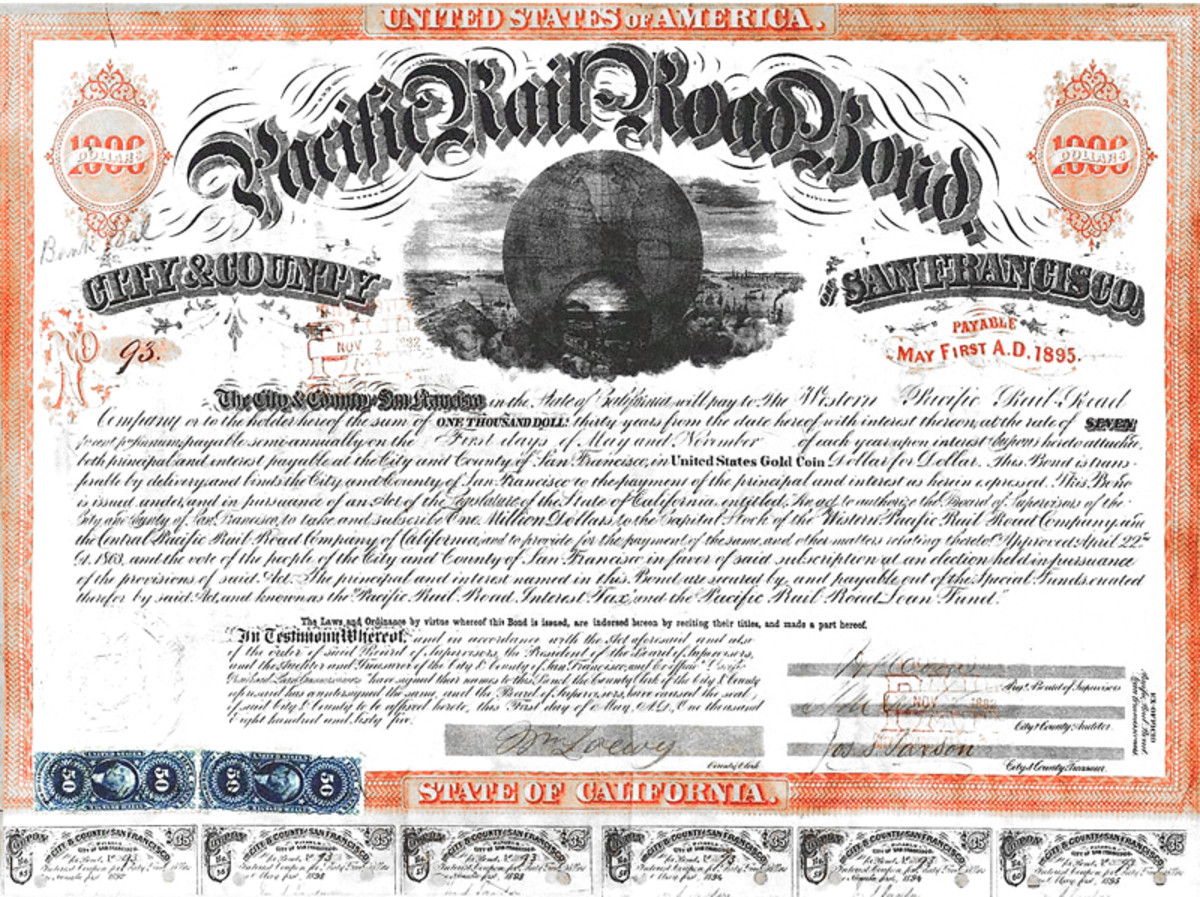High Risk High Yield Investments
Are you thinking of investing in high yield investments? Remember that investing in high yield investments come with great risks. You as an investor must be able to tolerate the daily price fluctuation of your investments. Furthermore, you must be ready to face great risks such as losing your money in such investments. These risks are a part of the game in the investment field. So if ever you feel that losing your money will somehow ruin your life, do not gamble your money in such investments. However, if you are the type of investor who has an aggressive appetite for high risk high yield investments, then all these types of investments can be worth your while especially if you know what you are doing.

The Stock Market
The stock market is probably the most familiar terrain in terms of high risk investments. This is probably due to the fact that most people who give advice about investments will almost always never leave out ‘the stock market investment’. One of the main reasons the stock market is so popular is because even with limited finances, you can still get a hold of a stock of a company of your choice. It is relatively affordable for the investor with limited income.
While the stock market may have its advantages, it comes with a great amount of risk for the regular investor. The highest risk associated with stock market investing is that the stocks you own can possibly lose its value while you are still holding it and deem your investment worthless. If the stocks you own are worthless, you won’t be able to sell them and you may not be able to get the value for your money.
Below are some of the most commonly traded stocks in the stock market:
Common Stocks
Common stocks are the most widely traded stocks in the stock market. They are also the most widely recognized in terms of capital appreciation. Common stocks are widely traded for capital gains rather than for dividend returns. In fact, many common stocks’ dividend distribution may even be ignored by the not so knowledgeable investors. That is because for many investors, common stocks are traded merely for buy and sell purposes.
Preferred Stocks
Preferred stocks are called as such because preferred shareholders are the first in line to receive regular dividend payments. Preferred stocks though are not as volatile as common stocks; they are rarely used as a source for capital gains. Preferred stocks are more often bought and traded for the purpose of receiving regular dividend payment.
Dividend Paying Stocks
Common stocks that give regular dividend payments are probably the best stocks in the stock market. Imagine owning a stock that will give you regular dividend payments and at the same time give you the luxury of profiting from it through capital gains. Owning a stock like this gives the investor a winning edge especially if he knows how to handle his stocks right.
Mutual Funds
Just like the stock market, mutual funds come with great risks. By nature, a mutual fund has a fund manager that manages the pool of funds coming from hundreds or even thousands of investors. The fund manager invests the pool of funds in the different types of investment instruments. Mutual funds are actively traded by the fund managers. There are different types of funds to choose from in a mutual fund.
Below are some of the most commonly known funds in mutual fund investments:
Equity Funds (or Stock Fund)
An equity fund in a mutual fund is invested in the stock market. The fund manager hand picks his choice of stocks and actively manages the fund during the duration of the investment.
Bond Fund
A bond fund is invested in the different types of bonds. The fund manager is hands on with his investments of the different types of bonds. He actively manages the fund during the duration of the investment.
Balanced Fund
A balanced fund is a hybrid fund that is invested in both bonds and equities.
Different types of mutual funds are invested in different types of financial instruments. These different types of investment instruments carry in them different degrees of risks. Some of these instruments are considered safer than others; nevertheless, they are still relatively risky. A conservative investor should not take risks with mutual funds unless he is ready to face the unlikely consequences of losing a part or all of his money in case things go wrong with his investments.
Unit Investment Trusts (also known as Unit Investment Trust Fund)
A unit investment trust works a lot like a mutual fund. Many of its financial instruments merely replicate that of mutual funds. If there is any difference in them, it would be that the unit investment trusts are not actively managed by the sponsoring company. The concept of unit investment trusts are to buy the fund and hold it until maturity. The funds are not actively traded making these funds static and any management fees associated with it are much cheaper. Other than that, they are very much alike in terms of investment opportunities and risks. Even the funds are very similar with each other. Performance of the funds, though, may vary from one institution to another. The bank or any sponsoring institution will sell to investors any funds an investor would like to invest in. In the very same way that the sponsoring company will buy back any funds an investor would like to sell.
Corporate Bonds (or Commercial Bonds)
A corporate bond is a debt issued by corporations. Compared to government bonds, corporate bonds are considered to be of higher risk. It is because some corporations may find it easier to default on their debts and obligations to their debtors.
The concept of corporate bonds is that a corporation will issue a bond to its investors to acknowledge that it has a debt to pay its investors. Corporate bonds are issued because the corporation may need to fund a new project or to fund a corporate expansion. Bonds are issued to certify that there is an acknowledgement that the corporation has an obligation to pay its debts. A corporate bond is called as such because it is typically issued in long term (i.e., more than one year).
The bond holder receives interest payment regularly. He will also receive the principal of his money when the bond matures. A typical maturity date for a corporate bond is more than one year to about twenty years. It is up to the bond issuer’s discretion on how long the duration of the bond will be. Typically, the maturity date of the bond should be made known to the investor before any transactions take place.
Commercial Paper
A commercial paper is a lot like a corporate bond. However, it is issued in short term, typically less than a year. The risks associated with a commercial paper are very similar with corporate bond risks.









